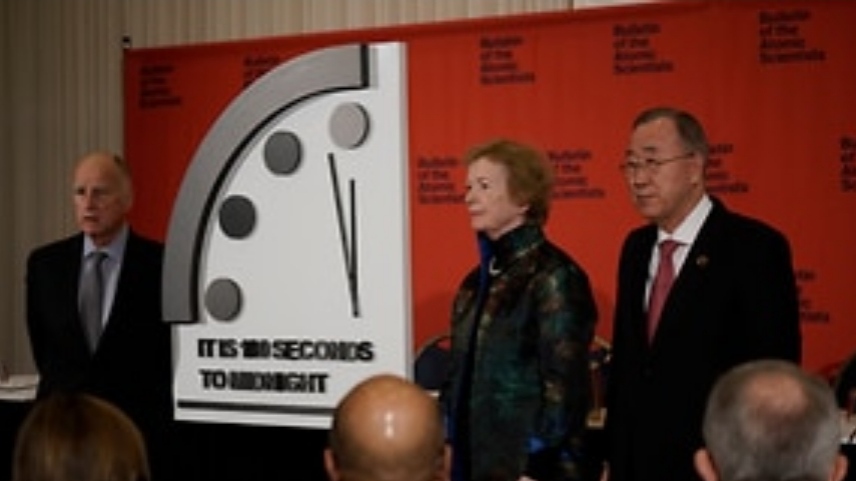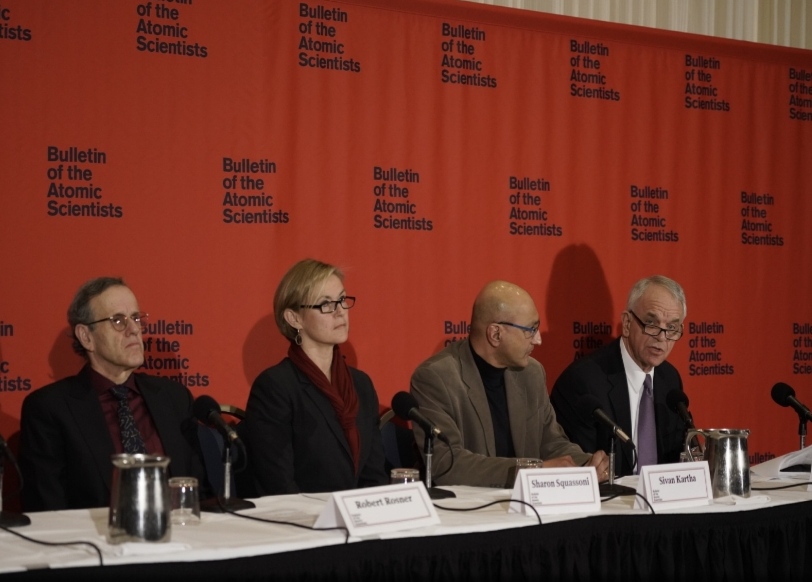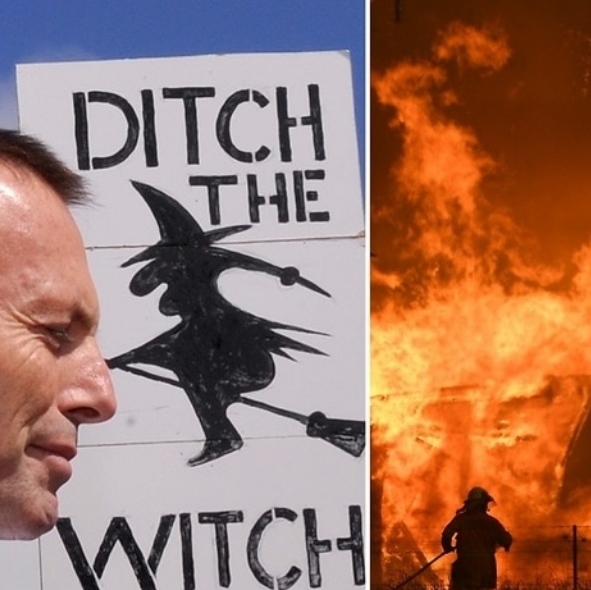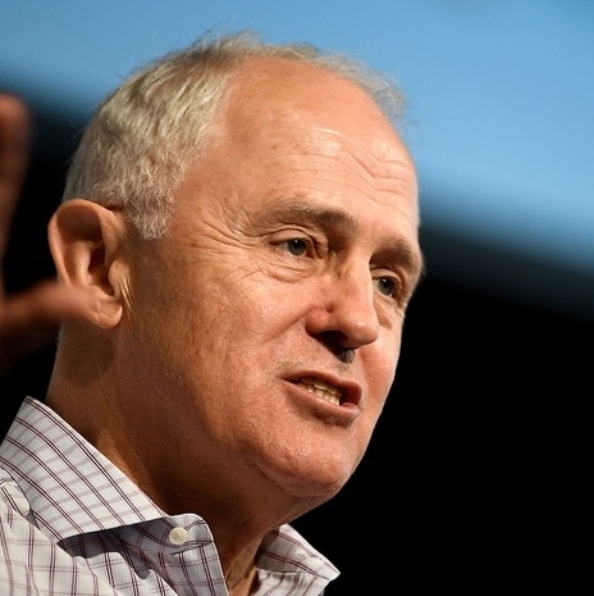100 seconds to midnight: Doomsday Clock advances

The clock, which serves as a metaphor for global apocalypse, was moved forward by 20 seconds.
Nuclear war, climate change and misinformation have been identified as the three issues that could lead to a man-made apocalypse.
Australia’s horrific bushfires have been singled out as an example of extreme weather events that could lead to the end of the world as we know it, as a coalition of scientists moved their iconic Doomsday Clock closer to midnight than at any other point in its 73-year history.
Citing climate change, nuclear war and misinformation as the main threats facing humanity, the Bulletin of Atomic Scientists on Friday announced the clock had been moved to 100 seconds to midnight; the first time it has ever been set to less than two minutes.
“We are now expressing how close the world is to catastrophe in seconds – not hours, or even minutes,” president of the Bulletin of Atomic Scientists Rachel Bronson said on Friday.
“We now face a true emergency, an absolutely unacceptable state of world affairs that has eliminated any margin for error or further delay.”

Members of the Science and Security Board present their rationale for the new time.
Explaining the rationale for the decision to move the clock forward, Sivan Kartha, a member of the Science and Security board responsible for calculating the time, said: “The state of the world does indeed demand an emergency response.”
He said extreme weather events experienced across the world over the past year were a symbol of things to coe as the world faces a man made apocalypse.
“Wildfires raged from the Arctic to Australia,” he said.
“They now persist with unprecedented intensity, extent and duration that makes them harder to contain, it causes more harm to people in their homes and destroys the land’s ability to recover.
“The very idea of a limited fire season is becoming a thing of the past.”

Members of the Bulletin of Atomic Scientists were joined by representatives of The Elders, an organisation of global leaders founded by Nelson Mandela in 2007.
“At a time when world leaders should be focused on the clear and present dangers of nuclear escalation and the climate emergency… we are instead witnessing denial, disregard and dangerous brinksmanship,” former United Nations secretary-general and deputy chair of The Elders Ban Ki-moon said.
“We must heed the demands of the young people on our streets and listen to the science.”
Speaking at the World Economic Forum in Davos, Switzerland, Finance Minister Mathias Cormann defended Australia’s record on climate change.

“Australia absolutely does its bit. The proposition circulated by some, that we are not committed to effective action on climate change, is false,” Mr Cormann said, according to The Australian.
“It’s an assertion that suits the narrative of some commentators but it’s not accurate.”
Prime Minister Scott Morrison last week opened the door to “evolving” the government’s climate change policies, assuring Australians the government would “ meet and beat “ their emissions targets.
The Doomsday Clock was founded in 1947 and was initially set to seven minutes to midnight reflecting the urgency of the nuclear danger facing the world. The furthest the clock has been set from midnight was 17 minutes, following the end of the Cold War in 1991.




